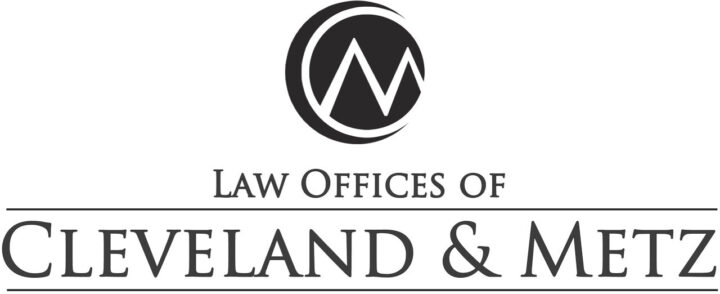Major Challenges for Workers Compensation Physicians
California Medical Association survey results show major challenges for workers compensation physicians
California workers compensation system has undergone probably the largest transformation since its  enactment in 1914. Senate bill 863 introduced a radical new concept called independent medical review which has become a quagmire for physicians and injured workers. Latest statistics show that an injured worker has an 84% chance of having the care, prescription, medical device, surgery or any other proposed treatment denied by independent medical review which essentially has mirrored the same statistics in utilization review denials.
enactment in 1914. Senate bill 863 introduced a radical new concept called independent medical review which has become a quagmire for physicians and injured workers. Latest statistics show that an injured worker has an 84% chance of having the care, prescription, medical device, surgery or any other proposed treatment denied by independent medical review which essentially has mirrored the same statistics in utilization review denials.
Workers Compensation Physicians who treat injured workers have to run the alphabet soup of workers comp. RFA, IBR, UR, IMR, has made the system has become so labyrinthian in that many physicians are giving up. The new survey indicates some of the new problems with independent bill review. It is not cost effective for most physicians to utilize the system since it costs $250 to make a submission. For example if you have an x-ray that is billed at $175 and it is disputed by the insurance company it will cost the physician $250 to submit that Bill to independent bill review for a decision. That makes absolutely no business sense unless of course you’re the insurance carrier denying the payment for that bill. Many routine physicians bills, particularly for diagnostics and prescriptions are less or near $250.
The following is the news summary from the California medical Association:
California’s workers’ compensation system is arguably undergoing its biggest period of transformation since its enactment in 1914. Senate Bill 863, signed into law on September 19, 2012, initiated changes to the utilization review process, implementation of an independent medical review and independent bill review process, and a migration to a resource-based relative value scale payment system, among other changes.
In late 2014, after hearing complaints from physicians that these changes have resulted in patient care roadblocks, the California Medical Association (CMA) initiated a survey to solicit physician feedback on their experiences with the SB 863 reforms. More than 200 practices representing physicians in over 35 different specialties responded to the survey.
Sixty-seven percent of physicians reported that they were unable to gain authorization for needed patient care. Of those who reported difficulties with authorizations, 54 percent of physicians cited inappropriate denials of medically necessary tests, procedures or services as the greatest problem.
CMA’s survey also found that 68 percent of physicians do not believe the independent medical review process has been successful in ensuring medically necessary patient care is approved.
Additionally, 60 percent of physicians reported that the new Independent Bill Review (IBR) process has not been successful. Physicians overwhelmingly (90 percent of respondents) cited the downcoding of claims, resulting in underpayment, as the most significant problem. Respondents also reported that the submission cost of $250 to utilize the IBR process is cost prohibitive. Physicians also report that oftentimes when they do file an IBR request, the contractor responsible for issuing a written determination is not compliant with the 60-day response timeframe.
These survey results indicate significant challenges with workers’ compensation reforms and raise concerns as to whether the new processes actually incentivize the denial of necessary patient care and downcoding of physician claims. CMA is working with stakeholders to determine potential next steps to address the issues raised in the survey results.
